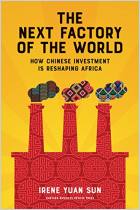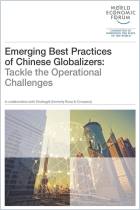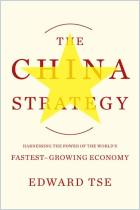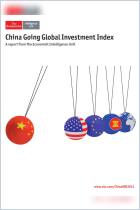Outsiders tend to attribute grand, monolithic motivations to China’s international activities. In fact, privately held small and midsize firms drive China’s work in Africa, where they pursue profitable opportunities and function like any other nation’s businesses. This report – sponsored by the World Bank – presents original research into how the Chinese government selects African nations as investment sites and how Chinese firms operating in Africa see their roles. It suggests ways that all parties can improve the growth prospects of both Chinese businesses and African economies. getAbstract recommends this concise, worthwhile, though statistics-heavy, study to global executives operating in Asia and Africa, and to those who are thinking about it.
China’s relatively recent – and noteworthy – spate of investment in Africa has raised speculation about its intentions. China provides some African nations with much-needed funds, infrastructure and jobs. Some opponents question China’s underlying motives and raise the specter of geopolitical ambitions. Critics go so far as to accuse China of “recolonializing the continent.” Current data belie those concerns. For 2011, official statistics from China’s Ministry of Commerce (MOC) count only 2.2% of the country’s total outbound foreign direct investment (OFDI) as destined for Africa. Of all foreign direct investment (FDI) in Africa from all nations, a UN agency calculates that only 4% comes from China.
The speed and timing of Chinese projects in Africa have drawn negative comments. From an insignificant $56 million in 1995, China’s FDI in Africa exploded to roughly $15 billion by 2011. That growth accelerated in 2008 when Western nations began holding back on FDI around the world. Critics often assume that the Chinese government is behind most of the nation’s investments in Africa, particularly in natural resource extraction, because China has a burgeoning demand for oil and ...




















Comment on this summary or 开始讨论